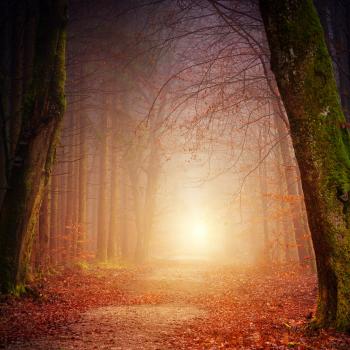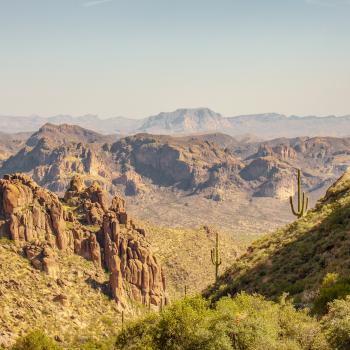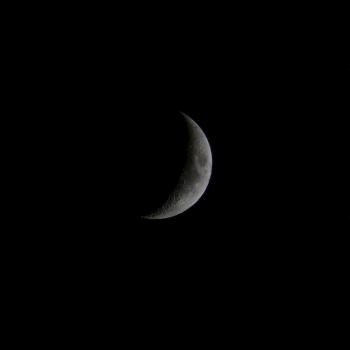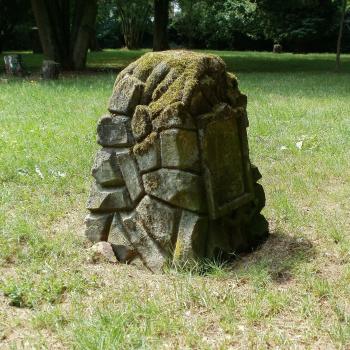Before we begin covering how to worship the Four Gods, I want to go in-depth into each of these ‘new deities’ (you want to know who you’re talking to, after all!). Each of the Four will receive their own post, and as before, questions are very welcome. These posts will cover their role in the Westernlands and our world, their relationships with the other gods, and links to other relevant posts.
the Dierne
“Most beloved of the Four Gods,” the Dierne is the god I have the closest and most intimate relationship with. Though I call the Clarene my holy mother, and I am building a possession practice with the Laetha, the Dierne is the god I will laugh at and harass and make especially lewd jokes about. It helps that the Dierne is a sort of patron to lewd jokes, though.
Out of all the gods, he is the one I would most easily call modern. He’s chic and fashionable and fancy, and he’s vain and shallow and self-absorbed. the Dierne is all about beauty and excess. He comes to us as a young handsome man (his face changing for each of us, making himself most pleasing to each individual) upon a throne, crowned with a delicate wreath of silver vines, surrounded by beautiful faeries and diamonds. He is surrounded by mirrors, and his grin is almost entirely born of self-indulgence.
He can be quite obnoxious. He’s beautiful, and he knows it. He’s powerful, and he knows it. He is desired and potently sexual, and he revels in that. He’s so confident, it’s painful.
And, smiling gleefully, he offers all of that to us. Beauty, power, confidence, and love. As one of my partners said so well, he tells us, “You were made for love.”
the Dierne, in the mythos, is a star that has fallen from the highest celestial realms into the Westernlands. He is born from the depths of space and given eternal life, and he becomes incredibly, inescapably bored with it all. He gazes at the worlds and sees as the West is formed, and he falls hopelessly in love with what lays below. And through a struggle against what fate has intended – as a star, he is meant to remain forever in the sky – he hurtles himself to the worlds below.
He feels, as he drifts in the sky, that eternity is not what is meant for him, and so he fights tooth and nail to join the world that does call to him. His story is about choosing our home, choosing our family, and succeeding in doing so. He sticks his tongue at fate. Even when other spirits attempt to take from him his self-control and determination, he reclaims it.
He is hope. He has all this excess and shimmer and glamour, and it is easy to get lost in it. It is easy to brush him off as a shallow god. And, honestly, that’s part of his lesson. Are you going to brush him to the side? Are you going to assume he has nothing to teach because he likes playing dress up? What assumption are you going to make of him, and how startled are you going to be when he breaks that assumption in half? He is good at playing gentle and oblivious, but the Dierne is still a King.
He is a fallen star that still burns. His is the exile that reclaims his home. He is the lover to a bird of pure flame, and through all his shimmering silks and corsets, he can still wield spear and gun with ease. We can become close to him, but always bubbling under the surface is a Boy-King that gives us a mirror to reflect all we fear (after all, Fear* is one of his names).
But most of the time, he shows up to us smiling and laughing and kicking his legs up on his throne. He can be serious, but that isn’t his goal. Life is for enjoying. Life is for laughter. Life is for love. He mirrors the Clarene’s focus on control (while the Laetha and Ophelia are more about release of control). He is always aware of what face he is showing us and why. He is aware of what we need and what we want, and he will help us understand those desires and urges.
His approach to us is one of arrogance and pride. “I’m so wondrous,” he says, “how could you not revere me?” Just as we huff in frustration, he murmurs into our ear, “And you’re pretty wondrous too.” He brings to us pride. He wants us to completely and totally love ourselves, because that is when we are most in-tune with him.
I mentioned in the post on the Laetha that he is one of the two gods of Love. the Dierne is really the god of the Love, of the Four Gods. He is the chase, the budding romance, the excitement of a new lover. He is a long burning romance. He is every variation of love, but he understands that love must come from within. He is completely and totally aware of who he is, and he accepts all of it. I often place him as the last god in the list and as the last name to be spoken when chanting the Four Gods’ names because he is, in a way, the completion of the other gods’ lessons and myths. Of course, that is part of his arrogance showing through (“All that that was leading to this,” he says as he gestures to himself,) but also because the mythos of the West is one of Love.
Love in all its myriad, incredible forms, not just sexual or romantic, but a force that moves the world. The West was full and colorful before the Dierne fell, but when he falls into the West and with thunder opens the world, the West begins to truly move. It opens to new ideas and possibilities, because the Dierne pushes and prods at our expectations. He wears masks to challenge us. He presents to us in such as such obvious vanity because doing so makes us confront our own ideas. And he throws at us our expectations and perceptions about love, constantly twisting us with mirrors and reflections until we can finally see past all of that and become unified and whole, like he is.
To conclude, the Dierne is a god of love who teaches us about beauty, perception, and pride. He offers us complete understanding of ourselves and our world and the ability to better relate to both.
Links
Four Gods of the Otherfaith
Love, Again and Again
The Face of a God
(a) Fall (Story)
Fear* Returns (Story)
The Rape of Pallis, Version 1 (Story)
The Rape of Pallis, Version 2 (Story)
the Gods (Otherfaith blog)
[The Otherfaith is a new religion focusing on new gods. The information posted here is based on personal experiences, revelation, and spirit-instruction. You should not expect to see references to folklore or historical texts. My focus is not on finding historical records of these deities but interacting with them as they are and as they themselves instruct.]
*
Now that we’ve covered the basics of the Four Gods, you’ll have more of an idea of why they fit into our lives. We’ll now be exploring the basics of establishing a devotional practice with the gods, what is expected of someone embarking on the Otherfaith, and more introductory posts! As always, questions are welcome.
















